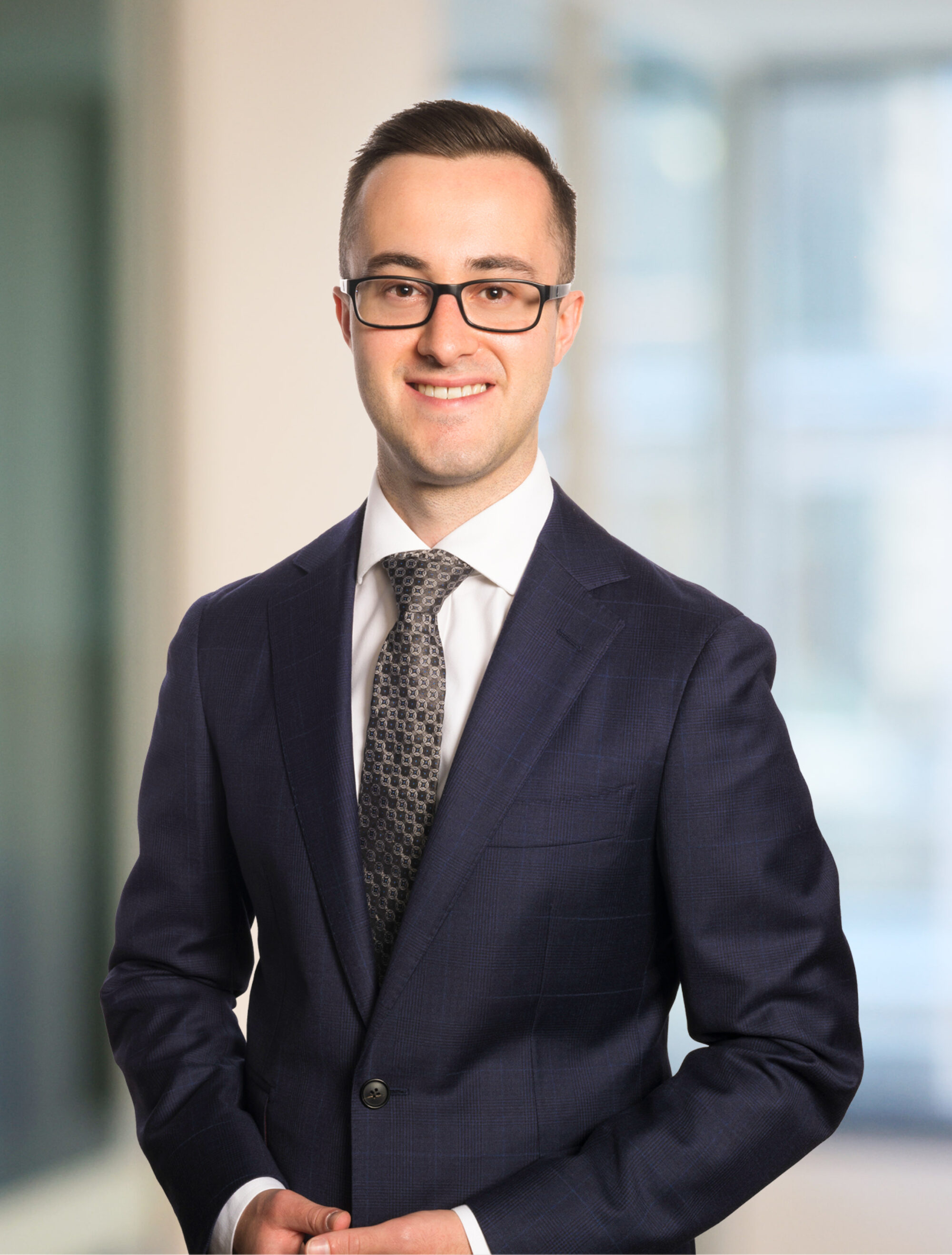The Court of Appeal has upheld a decision from the Supreme Court of the Australian Capital Territory which found that the plaintiff failed to establish factual causation – specifically, that the respondent’s negligence was a necessary condition to the appellant’s harm. The Court of Appeal also considered when and in what circumstances lay/factual witnesses can also give expert witness testimony.
In issue
- At trial, the respondent admitted it breached its duty of care by failing to obtain a surgical opinion after a certain date but denied that this caused the appellant’s alleged injury or loss. The trial judge found that the appellant had failed to establish factual causation – specifically, that the respondent’s negligence was a necessary condition to the appellant’s harm. In making her decision, the trial judge preferred the evidence of the respondent who had the requisite qualifications and expertise in relation to the issues for determination. On appeal, the Court affirmed the trial judge’s findings as it was not satisfied that there was any error in the analysis made with respect to factual causation.
The background
The appellant, Faten Alrifai, presented at the Canberra Hospital on numerous occasions between December 2017 and November 2018 with various complaints including chest and abdominal pain, nausea and vomiting. Whilst under the care of three gastroenterologists at the hospital, she had CT scans on 1 January, 6 April and 22 April 2018, as well as an endoscopic ultrasound on 26 April 2018. In November 2018, the appellant was diagnosed with pancreatic adenocarcinoma and underwent a partial pancreatectomy.
The claim was brought under the Civil Law (Wrongs) Act 2002 (ACT) which is the relevant civil liability legislation in the Australian Capital Territory – this legislation is similarly worded across all jurisdictions in Australia. The appellant claimed that the hospital breached its duty of care to her after each CT scan by failing to, amongst other things, properly diagnose pancreatic adenocarcinoma at an earlier time. The appellant alleged that as a result she lost the opportunity for prompt diagnosis and treatment. The hospital admitted that it breached its duty of care by failing to obtain a surgical opinion after 26 April 2018 but denied that this caused the plaintiff’s alleged injury or loss.
The issues at trial
The main issue at trial was causation. The trial judge noted that the appellant had to prove two limbs of causation:
- but for one or more of the alleged negligent acts or omissions the appellant would have undergone her surgery earlier than November 2018.
- had she undergone surgery at that earlier time, she probably would have avoided the injuries particularised in the pleadings.
The trial judge found that the appellant failed to adduce the evidence required to establish a breach of duty as the experts relied upon by the appellant did not have experience in the care of patients up to the date of diagnosis of cancer. Whilst it was not necessary to consider the second limb of causation the Court noted, in obiter, that on balance there would have been no change in prognosis or life expectancy if the plaintiff’s cancer had been diagnosed in April 2018 rather than November 2018.
The appeal
The appellant specified twenty grounds of appeal – however, these grounds were distilled to two grounds:
- that the trial judge erred in finding that the appellant’s pancreatic resection surgery would not have occurred earlier than November 2018 had a surgeon reviewed and managed the appellant’s pancreatic mass on or soon after 26 April 2018.
- that the trial judge accepted opinion evidence from lay witnesses without having considered or granting leave under r 1243 of the Court Procedures Rules 2006 (ACT).
The decision
The appeal was dismissed, and the appellant was ordered to pay the respondent’s costs. The appellant submitted various arguments to support the first ground of her appeal – they are summarised as follows:
- The trial judge failed to consider a submission of substance – that is, the only evidence put before the Court was that a diagnosis of cancer should have been made by April 2018.
- The trial judge ought not to have relied on the evidence of a gastroenterologist, Professor Wilson, in support of the causation finding.
- The trial judge failed to take into account the evidence of Professor Richardson who opined that there was a requirement for management by a surgeon after April 2018 once a mass was seen and there was a report of worrying architectural and cytological changes.
- The trial judge ought to not have made a finding that the appellant would not have proceeded to surgery soon after 26 April 2018 in the absence of evidence.
The ACT Court of Appeal rejected all submissions made by the appellant. The Court was not satisfied, on a fresh review of the evidence and the trial judge’s findings, that but for one or more of the alleged negligent acts or omissions, the appellant would have undergone surgery earlier than November 2018.
With respect to the second ground, the Court rejected the submission that the opinions of treating doctors were wrongly admitted as expert evidence. The Court accepted the submission of the respondent that evidence of a treating doctor adduced to explain why they acted in a particular way would be 'relevant for a purpose other than proof of the existence of a fact about the existence of which the opinion was expressed'. The Court noted that there was no request by counsel for the appellant for an order limiting the use of evidence pursuant to section 136 of the Evidence Act 2011 (ACT) – accordingly, the appellant was bound by the manner in which it conducted the trial.
Implications
This case affirms the importance of ensuring that expert witnesses hold the requisite experience to provide opinions on issues in dispute. It further confirms the importance of factual causation as an issue which can be raised to successfully defend medical negligence cases and other cases involving breach of professional duty.
This case also serves as a reminder that sometimes expert evidence can be given by witnesses of fact despite not being formally qualified as an ‘expert witness’ in the proceedings. As such, it is important to ascertain the views of a factual witness on matters which are the subject of competing opinion from the qualified experts, if the factual witness holds relevant qualifications to opine.

